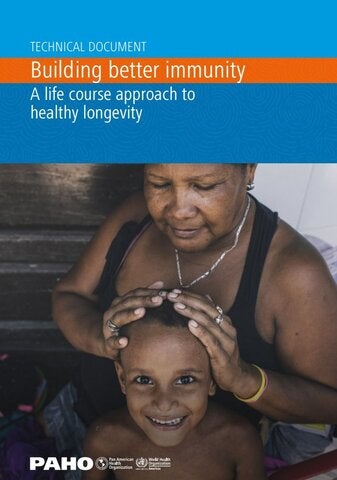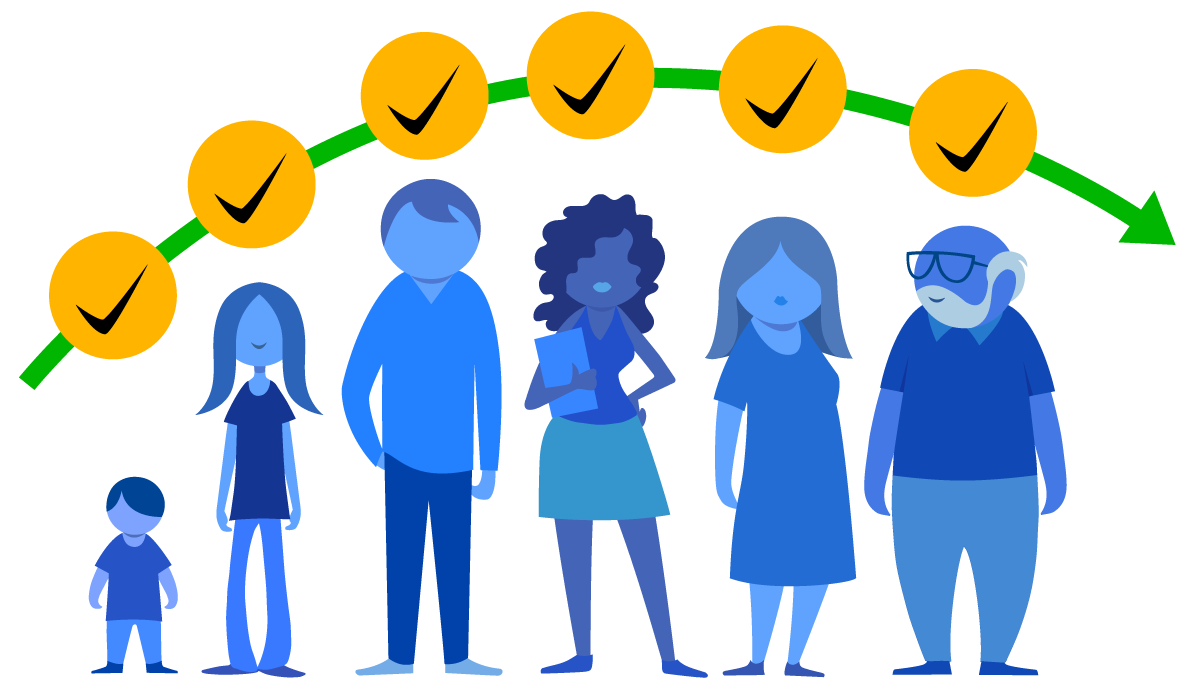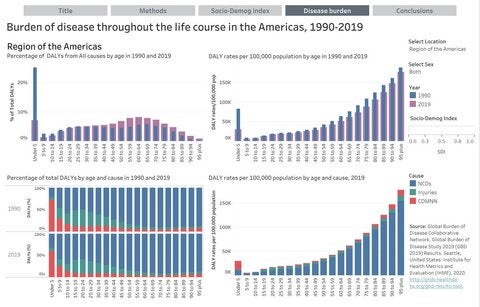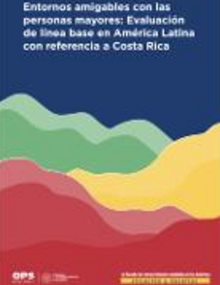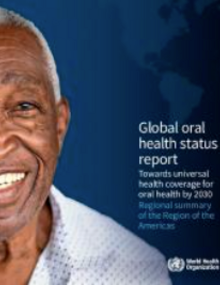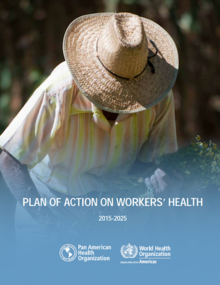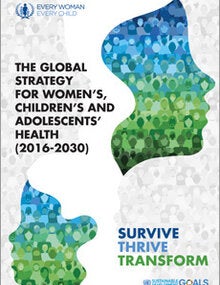The current demographic, social, and epidemiological transitions, the rapid increase of life expectancy, the recognition of social determinants of health, and the need to overcome the concept of health based only on the absence of disease, have served towards creating an intricate set of health and social scenarios.
These scenarios have exposed different health and social needs for individuals and societies and furthermore have encouraged the development of a comprehensive vision for public health approaches.
The life course approach allows us to better understand how social inequities in health are perpetuated and transmitted, and how they can be mitigated or alleviated through the generations.
A life course approach (LCA) provides high-impact, evidence- and rights-based strategies applying the perspective that understands health in today’s context and prioritizes the health of those that were once left behind.
- The life course approach considers health as an evolving capacity that develops dynamically over time and across generations.
- Health is a component of and a key resource for human development. It develops and changes throughout the life course.
- A life course perspective helps explain health and disease patterns. While it emphasizes a healthy start in life - it also explains that it's never too late to build one's health.
- We are seeing a new public health scenario. The life course approach to public health provides evidence- and human rights-based strategies to understand health in today's context - and prioritize those who are getting left behind.
- Public health professionals can apply the life course approach to provide a comprehensive lens to policies, programs and interventions.
In response to the 2030 Agenda for Sustainable Development call of action for the mobilization of efforts to protect and improve the lives and prospects of everyone, everywhere, PAHO has made a commitment in developing and incorporating the Life Course Approach (LCA) into both its conceptual models and technical cooperation strategies to ensure in establishing an updated knowhow on practicing public health.
Since the LCA was first adopted by the World Health Organization (WHO), the LCA has been incorporated into multiple strategies and recommendations, including: the WHO Global Status Report on Non-Communicable Diseases, The World Report on Ageing and Health, and the Global Strategy for Women’s Children’s and Adolescent’s Health (2016-2030).
PAHO has started to transform a life course vision into an approach that contributes to a paradigm shift in the building of healthIn an effort to increase healthy life expectancy, it is important to not only address disease, but also seek the maximum potential for health generation, understood as the development of capacities or assets that allow individuals and populations to develop according to their expectations and the demands of the environment where they live.



